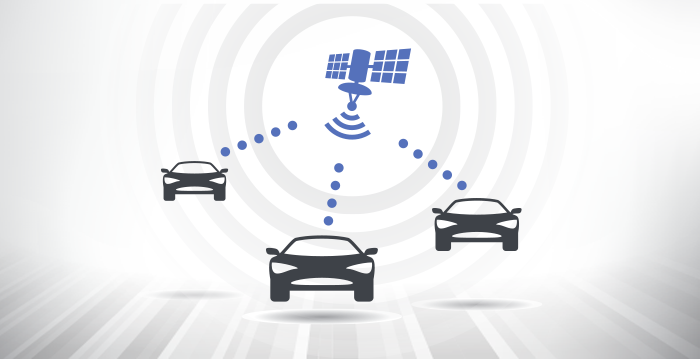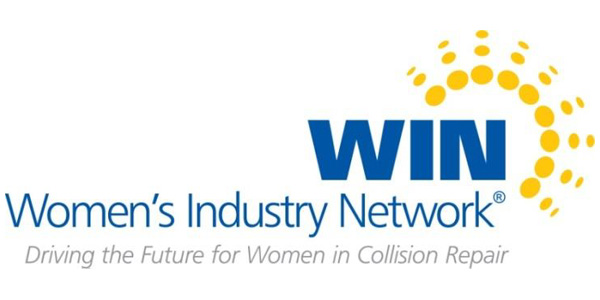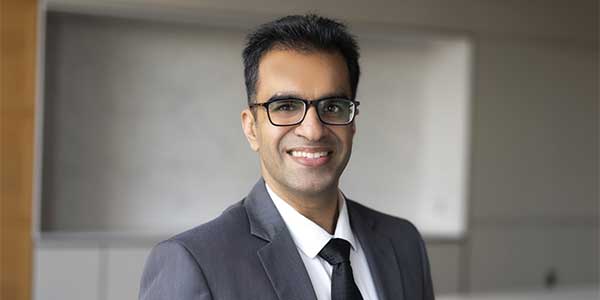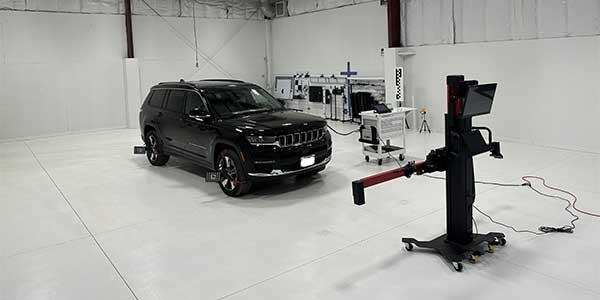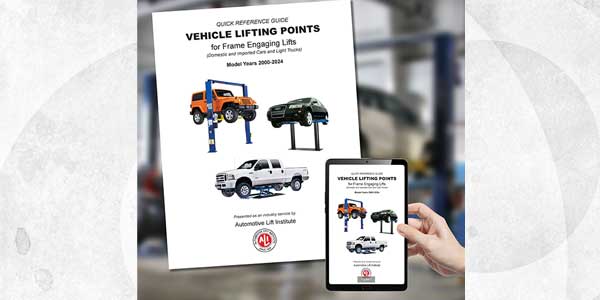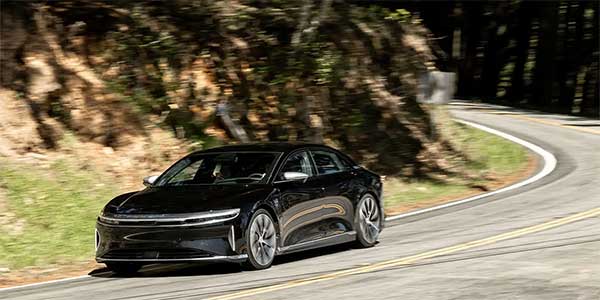From aftermarketNews.com
“Connected car” is the buzz phrase for the auto industry, but connected service may soon be part of the nomenclature as well. From scheduling a service visit to amenities available while customers wait for their vehicles, technology and connectivity are becoming an increasingly important part of the service experience, according to the J.D. Power 2016 Canadian Customer Service Index Long-Term (CSI-LT) Study.
“Consumers are demanding a connected service experience,” said J.D. Ney, manager of the Canadian automotive practice at J.D. Power. “From scheduling appointments to interacting with the service adviser to staying connected via unobstructed Wi-Fi access, customers expect these services from their local coffee shop, so why wouldn’t they expect the same of their dealership or aftermarket service facility?”
While only 6 percent of service customers in Canada scheduled their last service visit through the Internet, 14 percent – more than twice as many – indicate the internet is their preference for scheduling future visits. Currently, 74 percent of customers schedule their visits by phone.
Customers also like it when their service adviser is connected. The study finds that 21 percent of customers say their service adviser used a tablet device during their service visit. The use of a tablet seems to build a level of confidence in the adviser, as among customers whose adviser used a tablet and recommended additional work to their vehicle, 61 percent had the work done. When the adviser didn’t use a tablet but recommended additional services, only 44 percent had the work done.
Furthermore, customers want technology such as computers and Internet access available while they wait for their vehicle. Access to the Internet and electronic technologies are among the least frequently offered amenities, despite generating the highest service facility satisfaction scores. For example, only 42 percent of dealerships and 14 percent of aftermarket facilities currently offer wireless Internet access for their waiting customers. In addition, only 17 percent of dealers and 5 percent of aftermarket facilities offer their customers computers with Internet access, yet the amenity has the highest overall service facility satisfaction score among dealer customers (771 on a 1,000-point scale) and the second-highest score among aftermarket facility customers (759).
Tablet computers or video games, the least offered amenity, has the highest service facility score among aftermarket facility customers (772) and the second-highest score among dealer customers (770).
Technology amenities also can help build customer loyalty and advocacy. For example, among customers of dealers that offer wireless internet access, 53 percent say they “definitely will” return to the dealer for future service that they have to pay for and 40 percent say they “definitely will” recommend the dealer to others. This compares with only 42 percent of customers who say they “definitely will” return and only 30 percent who say they “definitely will” recommend the facility, when Wi-Fi is absent.
“Customers want, and frankly expect, to stay connected while they wait for their vehicle so they can either be productive or entertained,” said Ney. “Simple Wi-Fi access requires the service facility to make a small investment, but the reward is a higher degree of customer engagement, which leads to higher customer loyalty.”
Among delighted dealer service customers (overall satisfaction scores of 901 or higher), 84 percent say they “definitely will” return to the facility for future paid service work. When customers are merely pleased with their dealer service experience (751-900), service loyalty drops to 59 percent. For aftermarket facilities, 92 percent of delighted customers say they “definitely will” return to the facility for future paid service work, compared with 73 percent of pleased customers who say the same.
The study, which measures satisfaction and intended loyalty among owners of vehicles that are four to 12 years old, analyzes the customer experience in both warranty and non-warranty service visits. Overall satisfaction is based on the combined index scores of five measures that comprise the overall service experience (in order of importance): service initiation (24 percent); service quality (23 percent); service adviser (20 percent); service facility (17 percent); and vehicle pick-up (16 percent). Scores for each measure are reflected in an index based on a 1,000-point scale.
Other key findings of the study include:
- Overall Satisfaction with Dealer Service Dips: Overall customer satisfaction with automotive dealerships is 729 in 2016, down from 731 in 2015, while satisfaction with aftermarket shops remains at 749.
- More Visits, More Money: On average, customers make 2.5 service visits per year, up very slightly from an average of 2.4 visits per year in 2015. Customers make an average of 1.1 visits per year to a dealer for service and 1.4 visits per year to an aftermarket service facility. Overall, the average amount spent per service visit increases to $241 in 2016 from $232 in 2015. The average amount spent per service visit at a dealership in 2016 is $297, compared with $200 per visit at an aftermarket service facility.
- Service Adviser Can Make or Break Satisfaction: When a customer says the service adviser is completely focused on their needs, overall satisfaction can increase by as much as 82 points. When the service adviser offers the customer helpful advice, it can boost overall satisfaction by as much as 48 points. And when the service adviser greets customers immediately upon their arrival, it can improve overall satisfaction by as much as 44 points.

